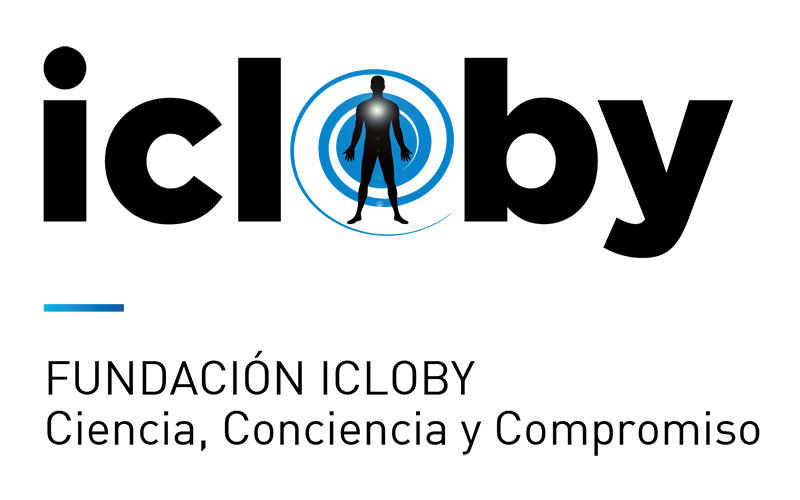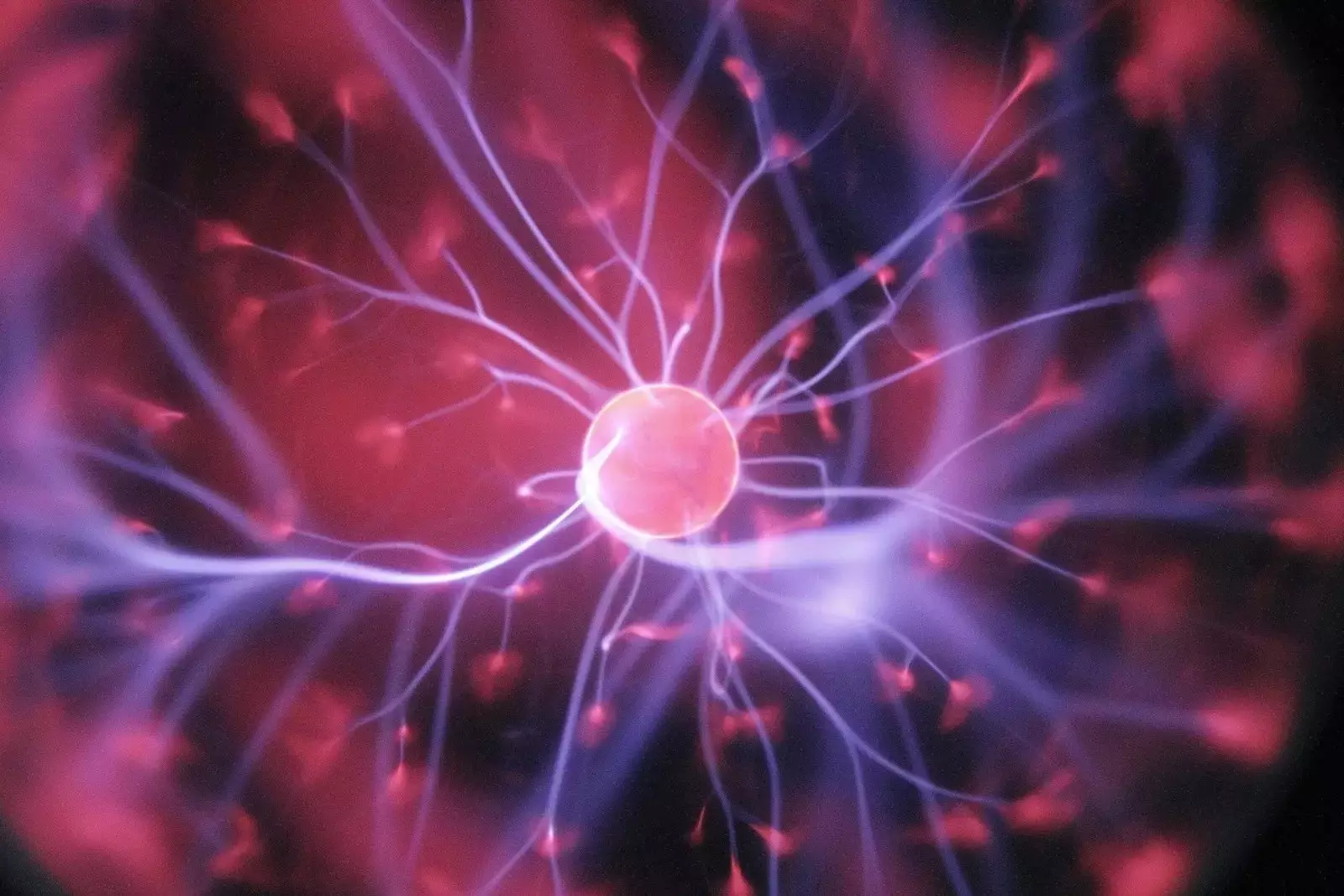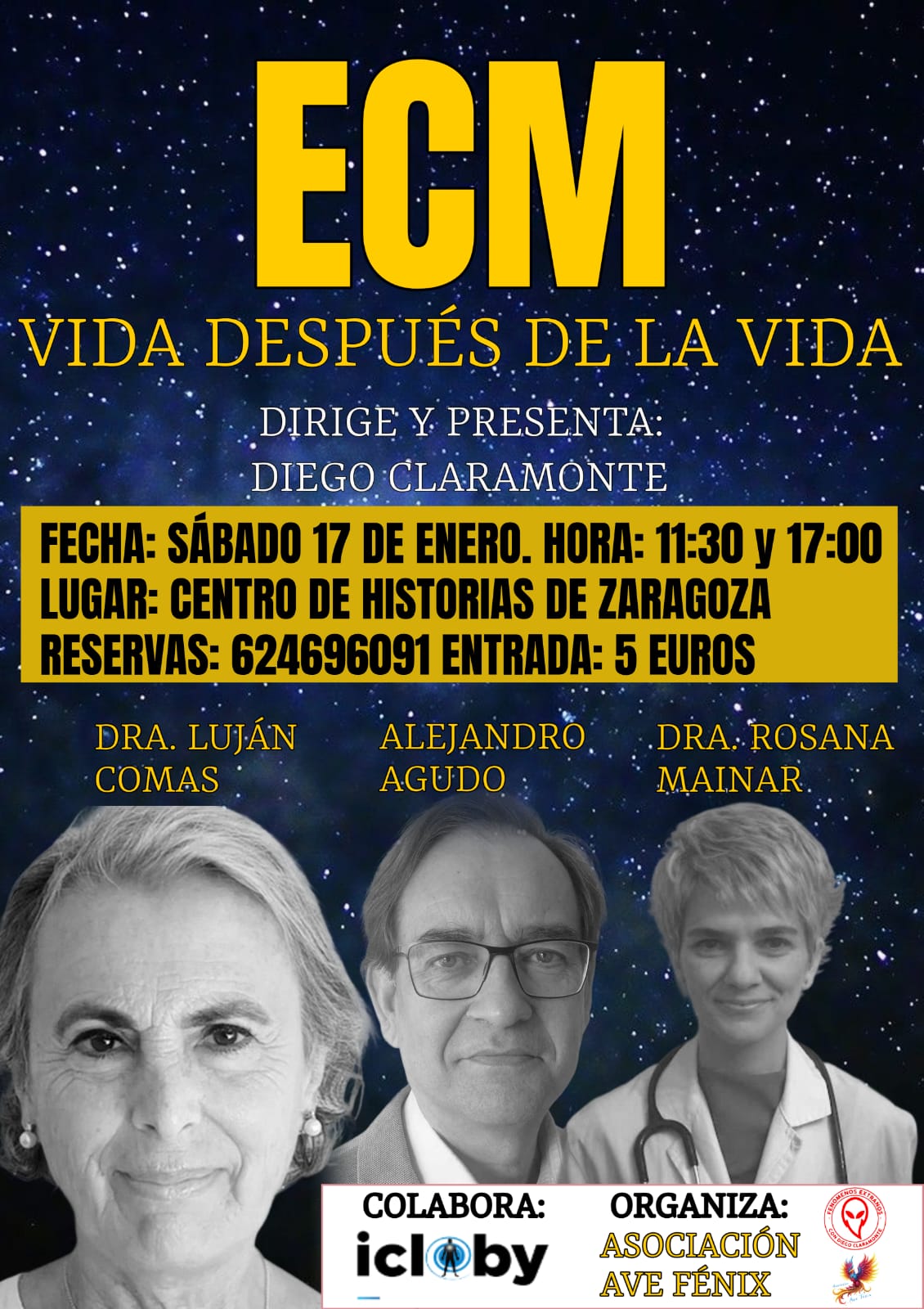بينما يتتبع المقال أصول المثالية إلى أوغسطين من فرس النهر, يمكن القول أن جذورها يمكن أن تمتد بقدر ما تمتد بلوتنوس - أو حتى أفلاطون.
برناردو كاستروب, الذي يحمل درجة الدكتوراه في كل من هندسة الكمبيوتر والفلسفة, هو واحد من أكثر الفلاسفة الأصليين والاقتناق اليوم. انه الأبطال المثالية التحليلية, تقديم رؤى مهمة حول كيفية فهم العالم, الوعي, والواقع نفسه.
Kastrup يحيي المنظور المثالي ليس فقط من أوغسطين ولكن, بشكل غير متوقع, أيضا من توماس أكويناس - شخصيات رئيسية للفلسفة الدراسية. في حين أن المثالية ستصل إلى ذروته مع هيجل, Kastrup لا ينكر حقيقة الظواهر التجريبية, السماح لأفكاره بالتوافق مع التطورات العلمية الحديثة.
حيث تبرز أصالته - بفضل خلفيته في معهد ماساتشوستس للتكنولوجيا وفي علوم الكمبيوتر - في التأكيد على أن التجربة لا تتجاوز العقل; الوعي لا يتجاوز نفسه.
اثنين من kastrup, الوعي هو حقيقة أساسية يجب بناء نظرية الوجود الكاملة, بدعم من التقدم في الفيزياء الكمومية وعلم الأعصاب.
يجادل تلك المادية, الفيزيائية, والطبيعية غير مكتملة أو خاطئة - نماذج من الواقع ليست ضرورية للعلوم ولا تستحق الحفاظ عليها. الواقع, يدعي, هو وعي أساسي, وما نعتبره حقيقة خارجية هو ببساطة ما يعطى له.
من بين هذه الظواهر غير المحلية, يتضمن قدرات PSI مثل التخاطر والمشاهدة عن بُعد, وكذلك الحالات التأملية والخبرات التي تسببها بعض المواد. على عكس التوقعات, غالبًا ما تكون حالات الوعي الموسعة هذه - الغنية بالتعمق والوعي - مصحوبة بانخفاض في نشاط الدماغ
إذا كان الوعي مجرد نتيجة ثانوية لنشاط الدماغ, ثم لماذا ينخفض نشاط الدماغ خلال مثل هذه الحالات المتزايدة من الوعي?
يستخدم Kastrup هذه المفارقة للغاية لتعزيز نموذجه المثالي, حيث يكون الوعي أساسيًا - تمامًا لأن بذور هذا الرأي كانت موجودة بالفعل في فلسفة أوغسطين الدراسية.
llorens llorens أنا غارسيا





